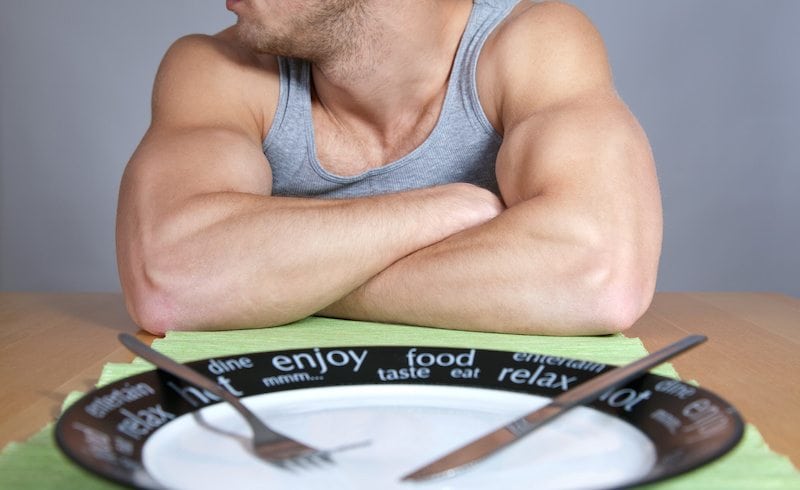No products in the cart.
What to Eat Before a Workout

Exercise burns a lot of calories, this is why a lot of people do it. They want to lose excess body fat. Because of this though, it is very important for you to get your pre-workout nutrition right.
Exercising with insufficient energy can lead to poor performance, dizziness, and worst of all vomiting all over the gym.
To save yourself from bad workouts and/or getting a mop and bucket out, you will want to follow this article so that you have the perfect pre-workout nutrition plan. We will look at different scenarios and how you can adequately fuel yourself for them.
Scenario #1. The first thing in the morning workout
A lot of people love to train at ridiculously early times, like 5am! Many of them train in a fasted state because they believe that this will force the body to burn more body fat. This theory was definitively proved false in a meta-analysis on the subject by Brad Schoenfeld in 2011 [1].
Training without any fuel is not optimal for performance, meaning that you will have to train at a lower intensity, meaning that you will burn less calories and lose less body fat. So to prevent this you are going to want to consume some form of protein and carbs.
However, as you are training at such an early time it is doubtful that you will have time to eat breakfast and then properly digest it before your workout.
The best compromise you can make would be to either drink a pre-workout whey protein shake, or you could take BCAAs before or during a session.
Carrying some fruit and a glucose drink might be a good idea in case you start to feel sick or dizzy, but you don’t need to consume them unless necessary.
Supplementing with caffeine pre-workout might also be a good idea, particularly if you didn’t get much sleep the night before. A study by Cook et al in 2012 found that supplementing athletes with 4mg/kg of caffeine after minor sleep deprivation led to increased power output and training volume [2].
Sadly it seems that caffeine is most effective when taken around 60 minutes before a workout [3] so you might not experience the effects if you are in the gym 20 minutes after waking up!
Scenario #2. The mid morning workout
If you are lucky enough to train between breakfast and lunch you will find that your pre-workout nutrition is taken care of.
So long as you have consumed a good breakfast that contained a source of protein (a particularly good choice would be eggs) you should find that you have adequate fuel to train and to begin muscle protein synthesis.
This means that you should also have enough time to drink your coffee/take your caffeine pill before your workout, and have enough time for it to reach maximum effectiveness.
Scenario #3. The after work PT session
It doesn’t have to be a session with a personal trainer, but let’s imagine that you are about to perform a high intensity exercise session at around 6pm. Your lunch was over 5 hours ago, and you won’t be back for dinner until 7:30pm.
If you want to get the most out of your workout you are going to have to find some form of pre-workout snack.
This snack doesn’t need to be anything fancy, a sandwich or protein shake/bar would be perfect, or some diced pre-cooked chicken would also work.
You can also supplement with caffeine just like with the other scenarios.
You can also take BCAAs during the workout if you haven’t been able to find time to buy, make, and digest a pre-workout snack. Ordinarily BCAAs are seen as a bit of a waste of money but they are perfect for situations such as this as they can fuel muscle protein synthesis and prevent catabolism.
Scenario #4. The post dinner workout
In this scenario you have already eaten your main meal and let it digest, what you want is for that meal to have been high in protein, high in carbohydrates, and low in fat.
You probably will want to avoid caffeine as while it is excellent at reducing fatigue, taking it that late at night could prevent you from sleeping properly.
Conclusion
Eating your 3 main meals and scheduling your workouts around that will give you the best results, having a diet that is high in protein is also very important.
Caffeine is an excellent pre-workout supplement but as discussed it needs to be taken at the right time to be effective, so is not always worth it.
Whatever you do try and stick to a routine as your body will respond best to that.
Save
Save
